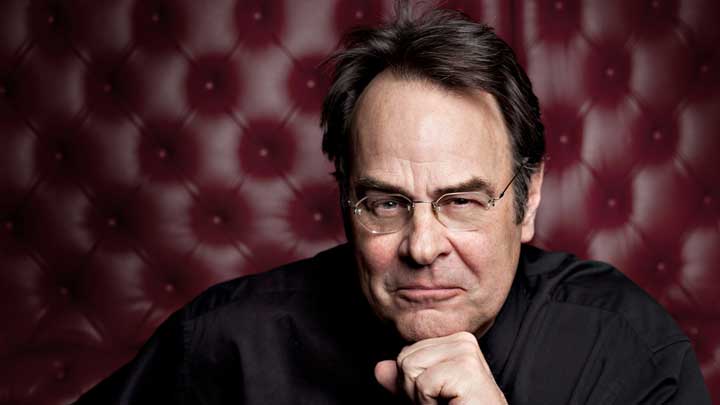
Explore Dan Aykroyd's unique personality through Cattell’s 16PF lens — from comedic brilliance to structured thinking and neurodivergent creativity.
Dan Aykroyd: Neurodivergent Genius in Comedy and Culture
Dan Aykroyd is far more than a legendary comedian and screenwriter — he’s a creative force whose mind defies categorization. Best known for his work on Saturday Night Live, Ghostbusters, The Blues Brothers, and a host of iconic characters, Aykroyd’s comedic genius is deeply intertwined with his unconventional thinking, meticulous nature, and neurodivergent insight. This Personality Report of Dan Aykroyd examines his psychological profile through the 16 Personality Factors (16PF) developed by Raymond Cattell, revealing a rich and dynamic internal world.
Diagnosed in adulthood with Asperger’s Syndrome (a now-defunct but formerly used label on the autism spectrum), Aykroyd has credited aspects of his personality — his hyper-focus, detailed thinking, and unusual interests — with helping fuel some of his most successful creative endeavors. His blend of logic and eccentricity, order and improvisation, seriousness and wit, positions him as one of the most original minds in the history of comedy.
This report takes a trait-by-trait look into Aykroyd’s psychological architecture, exploring how his reasoning, liveliness, apprehension, and rule-consciousness contributed to a career that has reshaped film, television, and pop culture. Whether you admire his comedic timing or his paranormal fascinations, Dan Aykroyd represents a case study in how psychological diversity can lead to lasting creative innovation.





